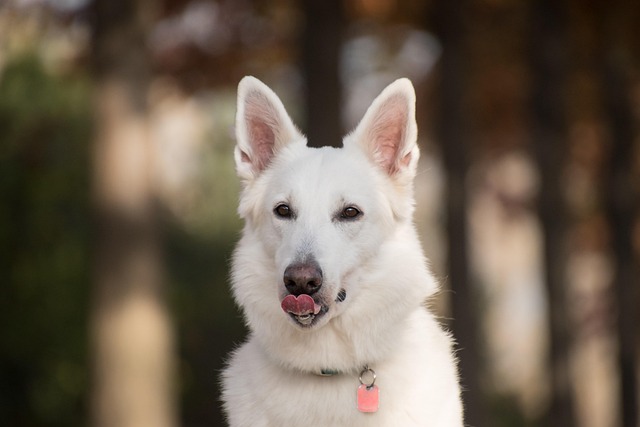
How can I tell if my dog's heatstroke is serious
Let’s be real: It’s a sticky August morning in Los Angeles, and you took your 2-year-old Golden Retriever, Max, for a walk a little later than usual
Is your pup looking a bit plump lately? Weight issues in dogs are common, but tackling them naturally keeps things positive for your furry friend. Let’s dive into simple, caring ways to help your dog shed excess pounds without stress.
Start with their diet. Many commercial foods have fillers that pack on calories. Check labels for whole meats, veggies, and grains first. The Association for Pet Obesity Prevention notes over half of U.S. dogs are overweight, often from poor food or overfeeding. Switch to a high-protein, balanced diet suited to their breed and age, and try smaller, frequent meals to boost metabolism.
Exercise matters too, but make it fun! Whether they love fetch, walks, or playdates, build daily activity into their routine. A study found 30 minutes of moderate exercise daily helps dogs maintain a healthy weight. Start slow with short walks or backyard play if they’re very overweight—turn movement into something they enjoy.
 Portion control is key. Skip free-feeding and use a measuring cup to feed based on their ideal weight. Treats add up, so swap them for low-cal options like carrot sticks or apple slices. These snacks are healthy and satisfying.
Portion control is key. Skip free-feeding and use a measuring cup to feed based on their ideal weight. Treats add up, so swap them for low-cal options like carrot sticks or apple slices. These snacks are healthy and satisfying.
Take Sarah’s story: Her Golden Retriever Max gained weight after an injury. With her vet’s help, she switched to a lean diet, added short hikes, and cut treats. Max lost 15 pounds in six months and bounced back to his playful self—proof consistency works.
In many Western regions, pet nutrition regulations ensure food safety. Always choose AAFCO-approved foods to meet standards, supporting both weight management and long-term health.
Regular vet visits are crucial. Vets can create a personalized plan, monitor progress, and rule out health issues like thyroid problems that cause weight gain. Their expertise ensures safe, effective results.
Helping your dog lose weight naturally is about joy and health. Adjust their diet, add fun exercise, and stay patient. Small changes lead to big wins—soon, you’ll see a happier, more energetic pup ready to thrive.

Let’s be real: It’s a sticky August morning in Los Angeles, and you took your 2-year-old Golden Retriever, Max, for a walk a little later than usual

You're enjoying a summer afternoon at the park when you notice your dog has stopped panting and appears disoriented - their gums are bright red

Let’s paint the picture: You’re in your Denver apartment, watching your 4-year-old Boston Terrier, Ruby, plop down mid-play session with her favorite toy

Many dog owners notice their pets nails seem shorter after regular walks,but how much does this daily activity actually help?The answer depends on where you walk—concrete sidewalks or asphalt streets gently file nails as a dog's paws hit the ground

Most dog owners notice their pup scooting across the carpet at some point, but few connect it to impacted anal glands. These small sacs near a dog’s rectum secrete a scent for marking territory

Most vets agree that regular dog teeth cleaning is key to avoiding painful dental issues later. For healthy adult dogs, a professional cleaning at the vet’s office every 12 to 18 months usually works well.